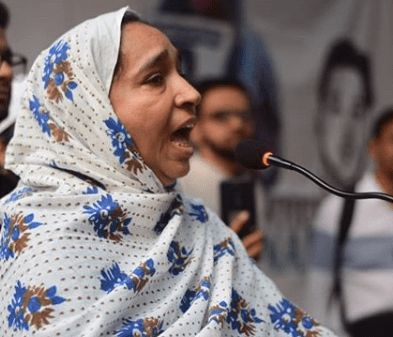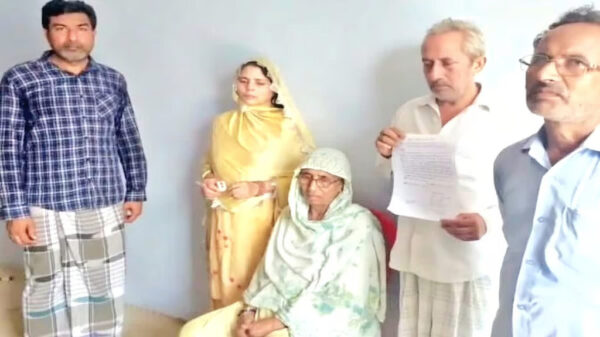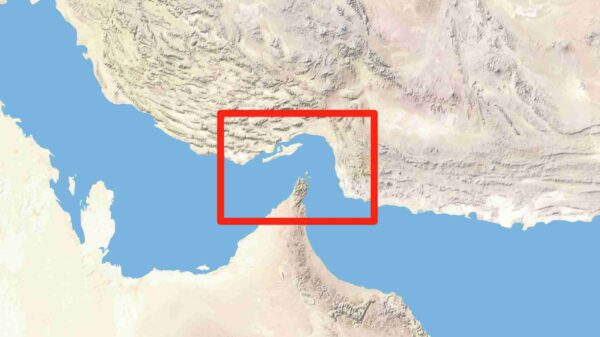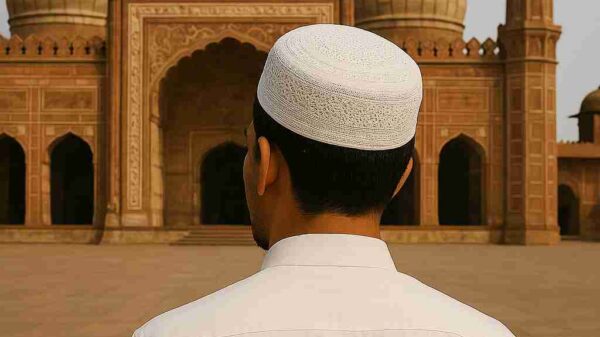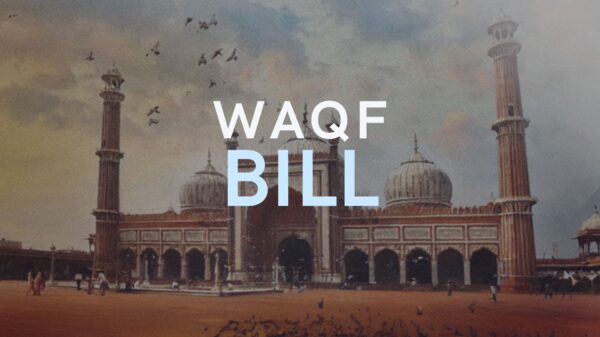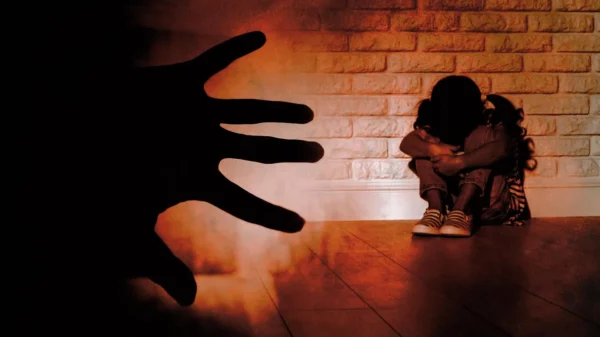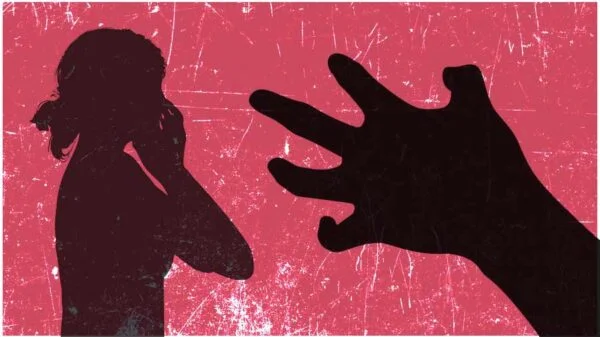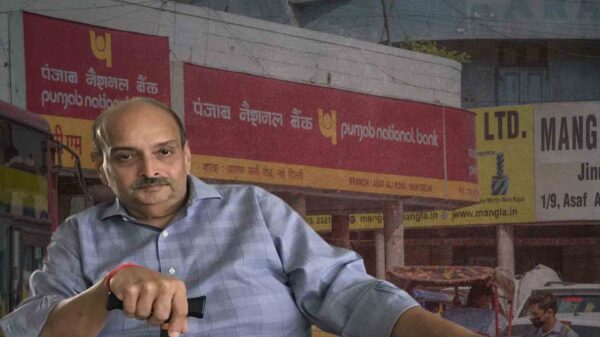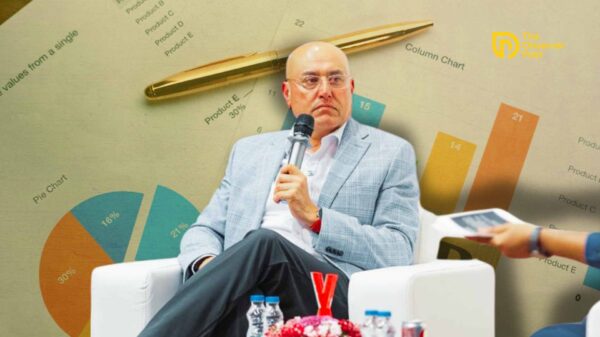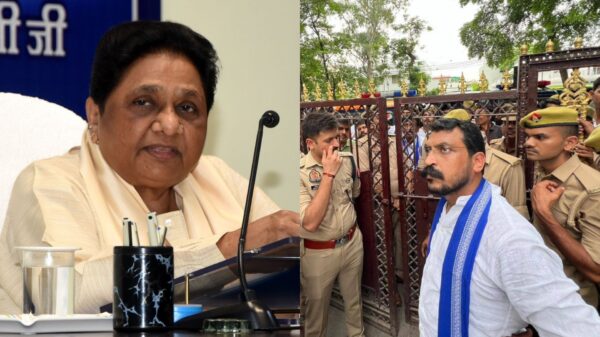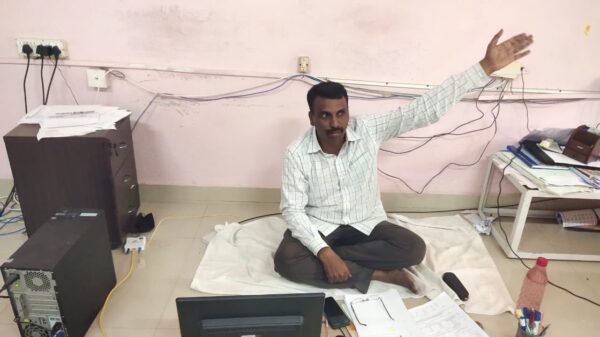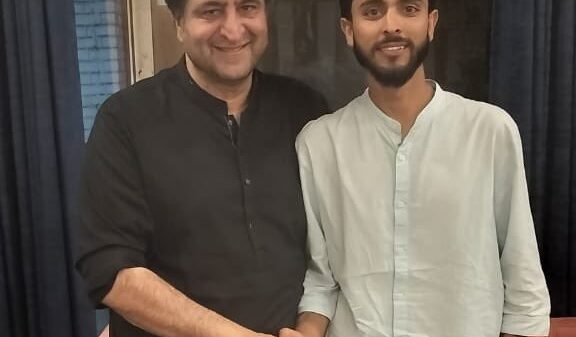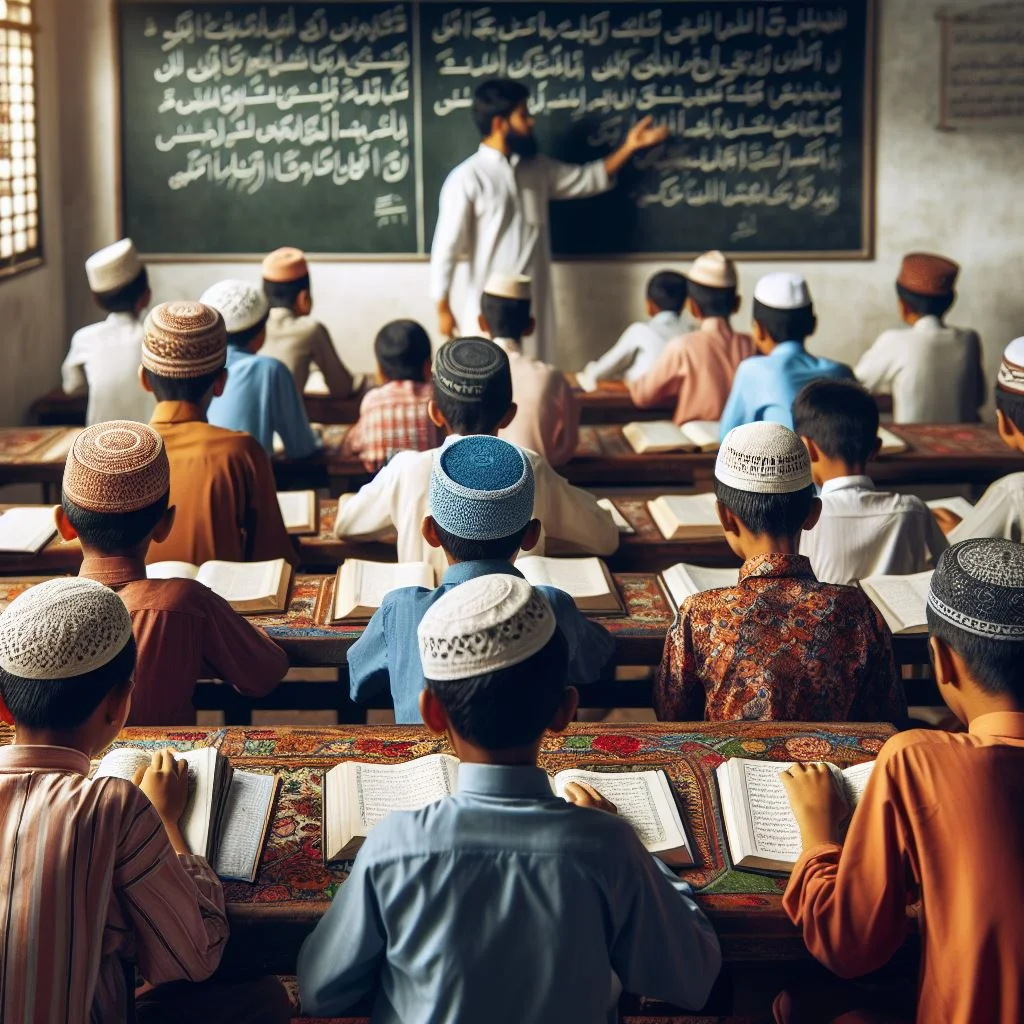The Supreme Court issued an interim stay on a decision made by the Allahabad High Court, which had declared the Uttar Pradesh Board of Madarsa Education Act, 2004 as unconstitutional and against the principles of secularism. Chief Justice of India (CJI), DY Chandrachud, leading the bench, remarked that the Allahabad High Court misinterpreted the law in its March 22 order, expressing that the court’s perspective appeared prima facie incorrect.
The Supreme Court bench, which also included Justices JB Pardiwala and Manoj Misra, directed the Centre, Uttar Pradesh government, and other concerned parties to submit their counter-affidavits by May 31. The case has been scheduled for further hearing in the second week of July 2024.
The dispute arose from a petition filed by an advocate challenging the validity of the Madarsa Act, 2004. A bench of Justices Subhash Vidyarthi and Vivek Chaudhary of the Allahabad High Court had previously deemed the law violative of secular principles, as well as various articles and statutes, including Articles 14, 21, and 21-A of the Indian Constitution, and Section 22 of the University Grants Commission Act, 1956.
The High Court’s decision also instructed the state government to take measures to integrate madrasa students into regular schools. It emphasized the importance of ensuring that children between the ages of 6 and 14 are not left without admission in duly recognized institutions, even suggesting the establishment of new schools if necessary. However, the Supreme Court’s stay on this ruling puts a temporary halt to the implementation of these directives pending further judicial review.






